As an experienced fitness and wellness professional with hundreds of successful client testimonials, I am forever fighting the concept of calorie counting... it does not work. Not only is it mind numbing, and therefore no one can stick to it, but it is totally inaccurate in itself as no one does it carefully enough (no one could, we do not have all day!) And finally the metabolic effect of the exact same amounts of the exact same foods on different people is vastly different based upon an infinite amount of variations in their own hormone balance, metabolism and genetics.
Therefore it is nothing more than a big stab in the dark. What works for one person will not for another, what works for one person once may not work again, it is not as simple as counting calories. I wish people would stop saying that it is...
Dr Jason Fung is an incredible intellectual authority on this subject and this article puts across the argument far better than I ever could, so I am sharing it with you here to enjoy and to learn from. Thank You!
The Useless Concept of Calories
Currency (money) is useful because it represents a mutually agreed-upon means of measurement and exchange. That is, if we all accept American dollars as our currency of exchange, then items as disparate as a bus or an onion can be all measured in the same units. The bus is expensive and costs more dollars. The onion is cheaper and costs less dollars. But everything is measured in dollars and both parties accept dollars as the currency of exchange.
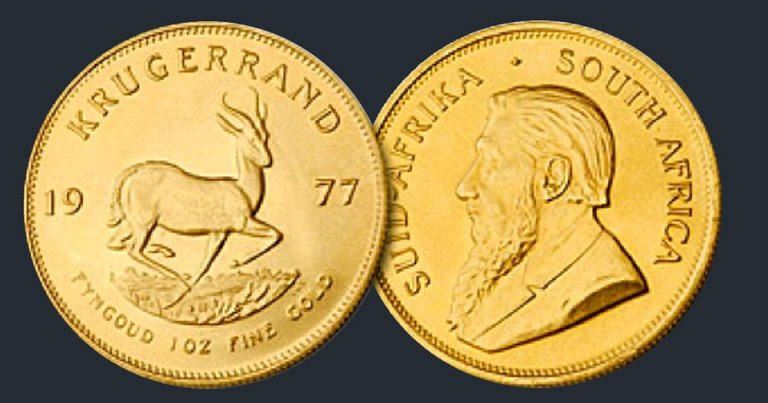
If one party decides to deal in dollars and the other accepts sea shells (used historically in some primitive cultures) or salt, then it is impossible to deal. There is no common currency. The buyer wants to use dollars and the seller wants sea shells. No deal. That is the value of a common currency, whether it is dollars, sea shells, Bitcoins or gold. There is only power as long as the two parties agree.
It is just like a common language. English is particularly useful because many people speak it. Therefore, in the United States, it is very likely that you can speak English and somebody understands you. In China, Mandarin is more useful than English, again because both people are able to speak it.
Microsoft dominated the software wars because it was the most popular, which automatically made it the most useful. It sure wasn’t the blue screen of death, or Microsoft Bob that made it useful. Man, I hated that stupid paperclip. Made me want to poke my own eyes out. But Microsoft was the common standard, which made it useful.
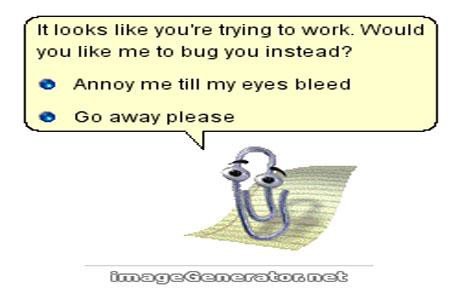
So, what is the common currency of weight gain? Many ‘experts’ claim that ‘calories’ fulfills this role of common currency. Sugar contains a certain number of calories and lettuce has less calories. We imagine, therefore that these calorically ‘expensive’ and ‘cheap’ foods can be measured on the same currency of calories, and the more calories you eat, the more fat you will gain. Often the ‘First Law of Thermodynamics’ is cited which states that energy is neither created or destroyed. This is completely fallacious because if we eat an extra 500 calories, our body may either burn it for body heat or store it as fat. Both situations follow the First Law of Thermodynamics but have drastically different effects on body fatness.
There are other ways, of course to measure different foods. You could simply weigh them. So 1/2 a pound of sugar is the same as 1/2 a pound of lettuce. This is simply a different currency. You could make the same “First Law of Thermodynamics argument” for weight as for calories. If you eat 1/2 pound of food, whether sugar or lettuce, you must gain 1/2 pound of weight. After all, how can your body gain more weight? Does weight come from thin air? How can it gain less weight? The weight of food simply disappears? Thermodynamics is a law, not a general suggestion. In both cases (weight and calories), the confusion arises because of an assumption that basal metabolic rate stays stable under all conditions, which is known to be false for the last, oh, hundred years. Metabolic rate may increase or decrease by up to 40%.
What’s crucially important, though, is to see if the body ‘cares’ about calories. Is it calories, or weight of food that serves as the common currency, or common language of weight gain? Does the body have some mechanism to count calories? Does the body have sensors to detect calories? Do we have an internal bomb calorimeter to measure calories and change behavior/ metabolism based on calories? No, no and no.
Your body doesn’t give a hoot about calories. Calories are not an accepted currency in our body. It does not count calories so why should you? A calorie is a calorie. So what? Who cares? Certainly not your body. Consider two foods of equal caloric value. On the one hand, you have a bit of sugary soda, and on the other is a plate of lettuce. Calories are identical. OK. So what? When you eat those two foods, does your body somehow measure these calories? No.
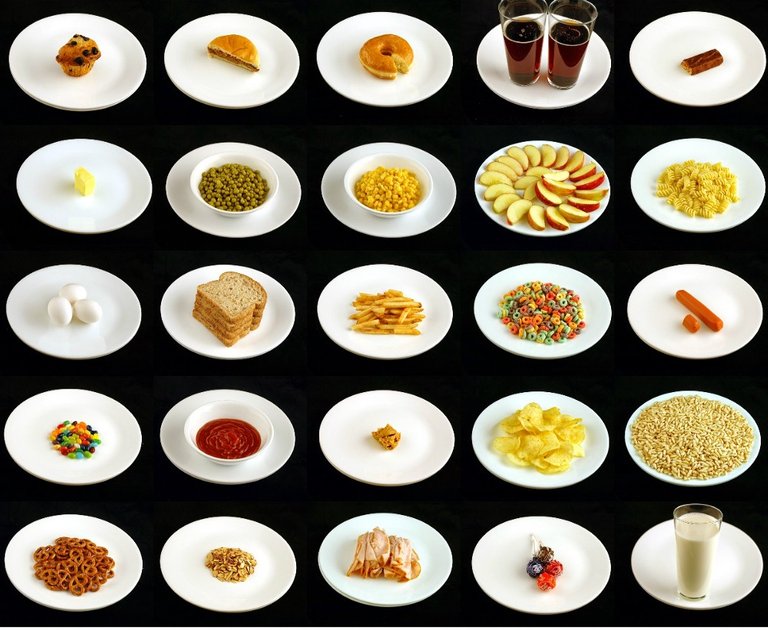
200 Calories
The metabolic effect of those two foods is completely and utterly different. Sugar will stimulate insulin. It will not activate any of the other satiety hormone. It does not activate stretch receptors in the stomach (satiety signal). It does not activate peptide YY, cholecystokinin (satiety hormones). A piece of steak, on the other hand, will do all those things. Therefore, you feel full after eating the steak, but not sated at all with the soda.
So, why do we pretend that all calories are equal? There’s nothing equal about them. Calories are not the common currency of the body. It’s like we’re walking around with a bunch of sea shells in our pockets and trying to buy a hamburger in Philadelphia. Everybody wants dollars and we want to pay in sea shells. The burger guy don’t care about sea shells. Our body don’t care about calories.
Consider the following metabolic pathway for the digestion of food.
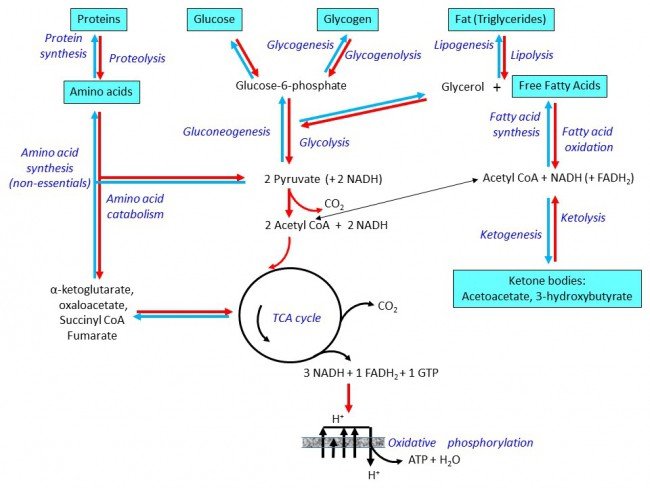
Or look more closely at metabolic pathway for glucose. There are even more detailed pathways for protein and fat.

My question is this: Do you see “Calories” mentioned on any part of these simplified pathways? We’ve spent the last hundred years detailing the intricacies of human metabolism. And nowhere in all of this work do you see the word “Calories”. Your body just doesn’t give two flying f***s about calories. It’s not the common currency. Here’s the bottom line truth. ‘Calories’ is NOT a physiologic concept, just as ‘weight of food’ is not a physiologic concept. Both are unit borrowed from physics. Longing for mathematical precision, obesity experts have severe ‘physics envy’, and try to shoehorn the useless physiologic concept of calories into a human biology that does not accept it.
The same applies to the weight of food, or the volume of food. Your body doesn’t weigh the food coming in, and doesn’t care. Eating a pound of lettuce and a pound of sugar produce completely different metabolic responses. In one case, the body may burn off that energy, and the other case, it may decide to store that fat. Weight is not the common currency.
Remember that a common currency only has power if both parties agree to its use. To understand weight loss, we need to understand what our body ‘cares’ about. The answer is clearly not ‘calories as seen clearly on the detailed charts above. The answer is ‘hormones’, predominantly, but not only insulin. Hormones run everything in our bodies.
Our body gains or loses fat according to detailed hormonal instructions from our brain. The rise and fall of insulin is the main stimulus to weight gain. So, food that stimulate insulin are typically more fattening (cookies). Those that do not (kale) are typically not fattening at all. If the body cares about insulin (and other hormones too, but mostly insulin), then we need to use the common currency, speak the common language of the body. Insulin.
Instead we use ‘calories’ and don’t understand why we can’t lose weight. Our body doesn’t comply because it has no idea what we are telling it. Imagine a tourist asks you for directions in a language you don’t understand. You tell him to go to the subway, but he doesn’t understand and instead goes to the coffee shop. So you speak slower and louder, but he still doesn’t understand and goes to the restaurant. Our body understands the language of ‘hormones’ and we are speaking ‘calories’.
Since our body is not likely to learn the language of ‘calories’, we need to learn the language of ‘insulin’, by translating foods into insulin effect instead of calories. You can estimate a foods insulin effect based on net carbs (carbs- fibre) + 0.54 protein. Even then, this formula only accounts for about 50% of the known insulin effect, so there is still much more we need to learn. The least insulinogenic diet is low carb, high fibre, moderate protein, high in natural fats. In other words, a real food, LCHF diet.
The same goes for counting carbohydrates. You body certainly responds to carbohydrates, but it doesn’t count them. Some carbohydrates will stimulate insulin and others will not. That means that all carbohydrates are not equal. Highly processed carbohydrates are very stimulating to glucose and insulin. Minimally processed carbohydrates have very little glucose or insulin effect.
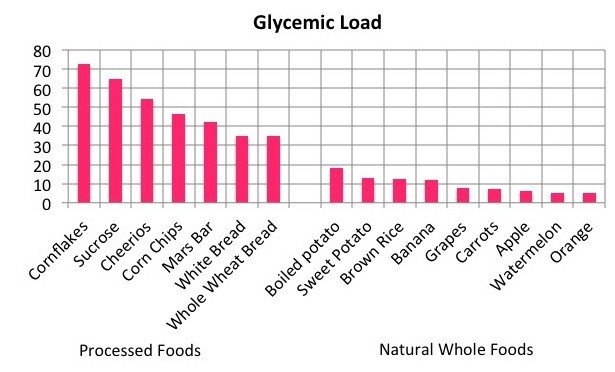
So remember, the common currency of the body is not calories. But neither is it dietary fat, protein or carbohydrates. It’s not fibre. It’s not ketones. The only currency the body really cares about is insulin. If you want to lose weight, reduce insulin. If you want to gain weight, increase insulin. That’s the common currency. Since our body only cares about insulin, we better learn the insulin effect of foods.
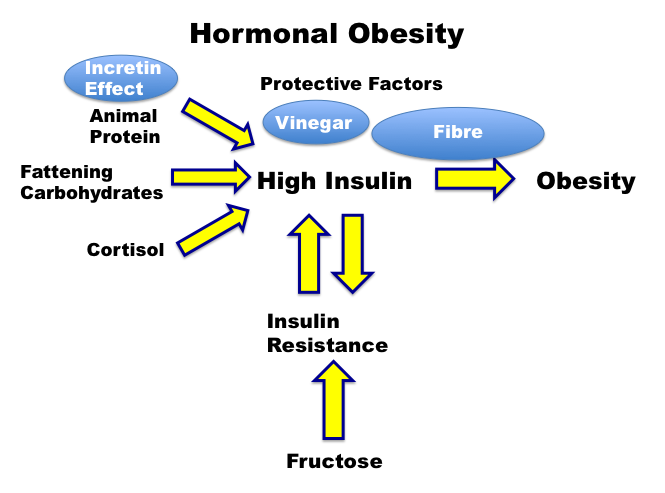
More details can be found in Dr Fung's excellent book, The Obesity Code: https://www.amazon.com/Obesity-Code-Unlocking-Secrets-Weight/dp/1771641258/ref=sr_1_1?ie=UTF8&qid=1510598141&sr=8-1&keywords=the+obesity+code or you can listen to listen to The Obesity Code podcast, http://obesitycodepodcast.com/
Thank you for reading, and please do check out those additional resources too.
Hi! I am a robot. I just upvoted you! I found similar content that readers might be interested in:
https://medium.com/personal-growth/the-useless-concept-of-calories-50831730cc81
@howmanymiles thought you might like this one, not sure what your thoughts are on this sort of thing exactly, as everyone is different, but this really hits home with me :-)